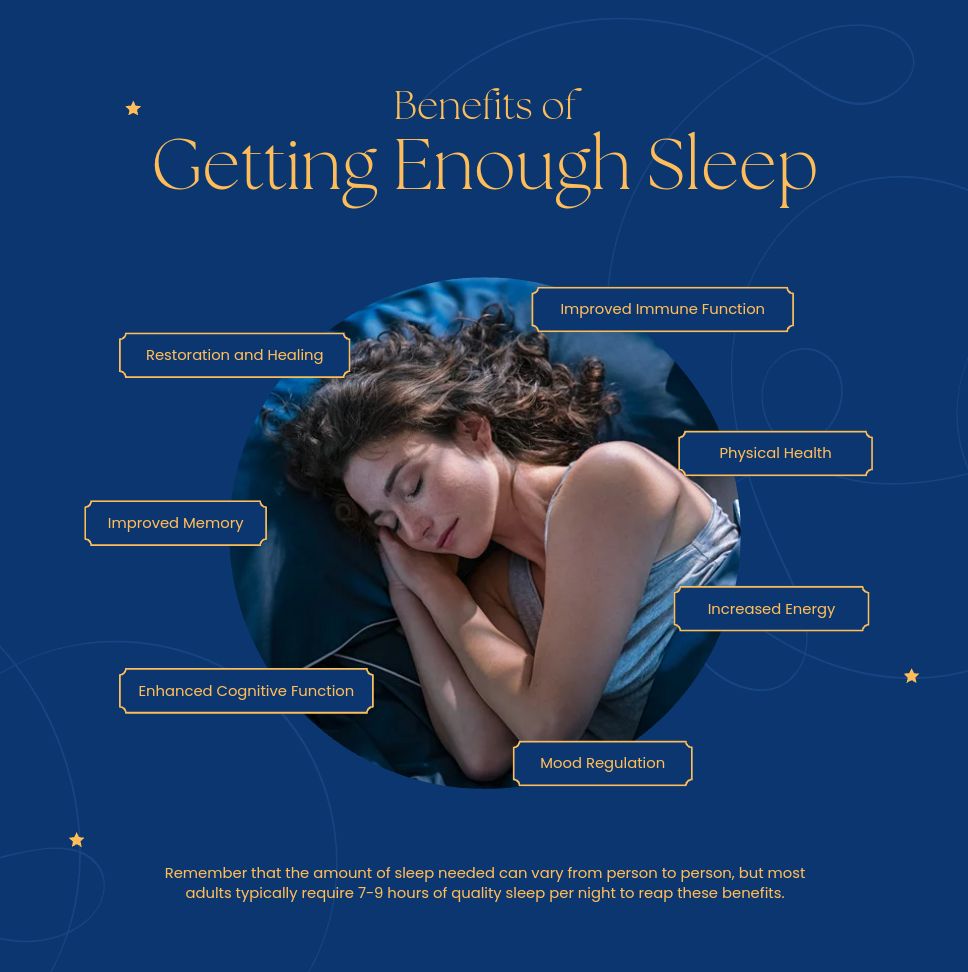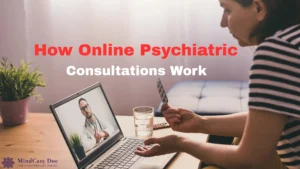5 Tips to Improve Mental Health and Strengthen your Relationships

Mental health is one of the major parts of our overall happiness. It affects our thoughts, emotions, and actions on a day to day basis. It includes our social, psychological, and emotional health and influences how we respond to stress and interact with people, and make decisions. Being mentally well is just as important as being physically fit.
Introduction
Good Mental health care improves methods for facing and reducing the signs and symptoms of mental disease and motivates our determination in the difficulties.
Access to mental health care services helps to detect the disease early and treat them at the earliest. By being proactive we can encourage long-term psychological health and prevent symptoms from getting worse.
Why Mental Health is Essential
Let us discuss why mental health is essential:
- It is a crucial part of our overall happiness and healthy lifestyle
- Having good mental health is a factor in our ability to carry out day to day tasks.
- It plays a vital role in our emotional resilience, relationships and sense of purpose.
- Improved self-esteem and confidence are important components of mental well-being and overall personal development.
- Reduced anxiety leads to numerous positive outcomes, emotional regulation, sleep quality, and physical health.
· Humans are social creatures and deeper relationships can have a positive influence on our mental health.
5 Ways to Improve Your Mental Health

Here are some ways you can improve your mental health and strengthen your relationships:
1) Attain Refreshing Sleep

Sleep has an important role in enhancing our mental ability, physical ability and emotional level. The growth of muscles, repair of tissues, production of growth hormones are happening while we are sleeping. Lack of sleep develops stress, anger and mood swings.
Typical Sleep issues:
- Insomnia
- Sleep Apnea
- Restless Leg Syndrome (RLS)
- Narcolepsy
- Parasomnias
Insomnia
A failure to get asleep, stay asleep, or receive enough good quality sleep is known as insomnia. It could be a short or extended term. Several factors, like stress, worry, sadness, and bad routines for sleeping could trigger it.
Symptoms:
- Unable to fall asleep
- often awakening in the middle of the night
- Having trouble falling back asleep after waking up
- Non-restorative sleep
- Daytime fatigue, anger, and difficulty focusing
2) Maintain a Social Circle

Maintaining a strong relationship with a group of friends or peer groups by spending time together, offering support and participating in social activities can be major point to reduce stress, to get an emotional support and brings a positive impact or brings a meaning to our life.
Impact of a good social circle:
- Physical Health: Studies indicate that strong social networks and supportive interactions are linked to better physical health outcomes, such as a lower chance of developing chronic illnesses, enhanced immune system performance, and longer life expectancy.
- Mental Health: Having close relationships can help prevent mental health problems like stress, anxiety, and depression by providing coping mechanisms, emotional support, and validation whenever situations go stressful.
3) Regular Exercise

Daily exercise helps to improve both physical and mental health. In case of physical health it strengthens bones and muscles and helps to maintain a healthy weight and physically fit.
Exercise also helps your mental health by:
- Stress Reduction
- Better Sleep
- Increased Energy Levels
- Mood Regulation
- Boosted Self-Esteem and Confidence
4) Nutrient rich food and Sunshine

You might have your meals everyday, but do you focus on the nutrient content?
Having nutrient food on a daily basis can be beneficial to our mental health. It also influences our brain function and mood balance. Vitamin C and E-rich fruits, vegetables, and cereals protect brain tissue from oxidative damage and inflammation.
Maintaining mental health, wellbeing, and a good standard of life can be achieved by consuming a balanced diet that includes protein, carbs, magnesium, and healthy fats.
Our bodies receive more vitamin D while we spend time outside and in the sun, which additionally encourages relaxation.
5) Meditation Session

Including a daily session of meditation can be another way to improve your mental health. Meditation reduces your stress levels and improves your focus. This leads to a balance of your well being with mental clarity and emotional regulation.
Let’s discuss in detail, how meditation can help you out:
Stress Reduction:
Meditation reduces cortisol and other stress-inducing hormone levels while creating a calm and peaceful state of mind by generating the body’s relaxation response.
Relaxation:
Regular meditation sessions provide an opportunity for relaxation, stress relief, and inner peace—all of which may lessen symptoms of anxiety and increase calm.
If meditation or Yoga for mental health is something you do every day or once a week, it could be a good investment in your well-being.
Conclusion
Just keep in mind that rather than completely changing your daily routine, it’s usually better to start with one or two new habits at a time while developing fresh ones. From that, see how these changes have benefited you.
It might be time to start thinking about seeing a therapist if you see a decline in your mental health. Guidance from experts can be a valuable tool in your toolbox for improving mental habits.
You can connect with specialist psychologists and psychiatrists at Mindcare Doc for more information.
Book an appointment with our expert and feel free to contact or WhatsApp us on
+91 7736788671






